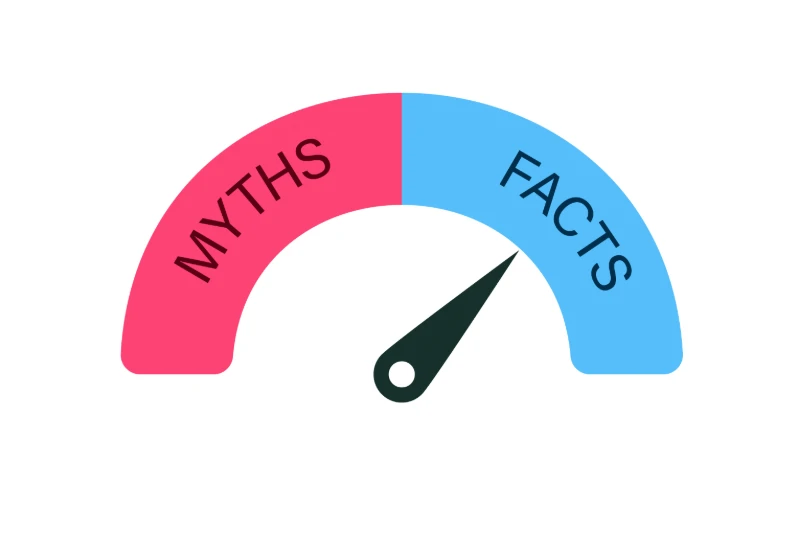When it comes to getting a mortgage, there’s no shortage of misinformation. Many homebuyers, especially…
How Your Mortgage Affects Your Credit Score
How Your Mortgage Affects Your Credit Score:
When it comes to managing your financial health, understanding the relationship between your mortgage and your credit score is crucial. In Idaho, where real estate opportunities are booming, knowing this interaction can help you make informed decisions whether you’re buying your first home or managing existing property investments.
The Initial Impact: Applying for a Mortgage
Applying for a mortgage is the first step in your home-buying journey, but it can also cause a temporary dip in your credit score. This occurs because lenders perform a hard inquiry to assess your creditworthiness, which can slightly lower your score. However, Jesse Stroup, Idaho Mortgage Broker at Home Loans of Idaho, reassures that “this is nothing to be afraid of.” If you’re shopping around, credit bureaus will typically consolidate all inquiries within a 14-45 day window into a single inquiry, minimizing the impact on your credit.
Tip: Opt for prequalification instead of preapproval if you’re just starting to explore your options. Prequalification often requires only a soft pull on your credit, which doesn’t affect your score.
Building Your Credit: The Effects of Having a Mortgage
A mortgage can actually be beneficial to your credit score over time. Regular, timely payments contribute positively to your payment history, which is the most influential factor in your FICO score calculation. Moreover, having a mortgage diversifies your credit mix, which can also help improve your score. As Jesse explains, a good mix of credit types, including mortgages, credit cards, and auto loans, shows lenders that you’re capable of managing various types of credit.
Refinancing: A Double-Edged Sword
Refinancing your mortgage can lead to a temporary score drop similar to what happens when you first apply for a mortgage. This drop is due to the hard inquiry from the new lender and the potential shortening of your credit history’s average age. However, as you begin making payments on the new loan, your score is likely to recover and potentially even improve, assuming you maintain a history of on-time payments.
The Long-Term View: Paying Off Your Mortgage
Paying off your mortgage is a significant financial milestone, but it can also reduce your credit mix, potentially leading to a slight decrease in your score. Nonetheless, the impact is typically minor compared to the positive effects of having successfully managed a large loan over time.
When Things Go Wrong: The Impact of Missed Payments
It’s vital to manage your mortgage payments carefully, as missing a payment can severely affect your credit score. A payment that is more than 30 days late can damage your score substantially, and a foreclosure can have even more severe consequences. Jesse Stroup advises, “Avoid this at all costs.” If you’re facing financial difficulties, it’s crucial to communicate with your lender immediately to explore possible solutions.
Best Practices for Optimizing Your Credit for a Mortgage
- Pay all bills on time: Delays can negatively impact your credit score.
- Manage your credit card balances: Aim to keep your credit utilization below 30%.
- Be cautious with new debts: Avoid taking out new loans or opening new credit card accounts before applying for a mortgage.
- Regularly review your credit reports: Ensure there are no inaccuracies that could affect your score.
- Leverage experienced credit users: Consider becoming an authorized user on a family member’s credit card to benefit from their positive payment history.
Conclusion
Understanding how a mortgage affects your credit score is more than just knowing the numbers; it’s about strategically managing your credit to build a strong financial foundation. For residents and prospective homebuyers in Idaho, staying informed and making educated decisions is key to leveraging real estate opportunities to your advantage. Whether you’re applying for a new mortgage, managing ongoing payments, or considering refinancing, every step has implications for your credit health that can influence your financial future.




